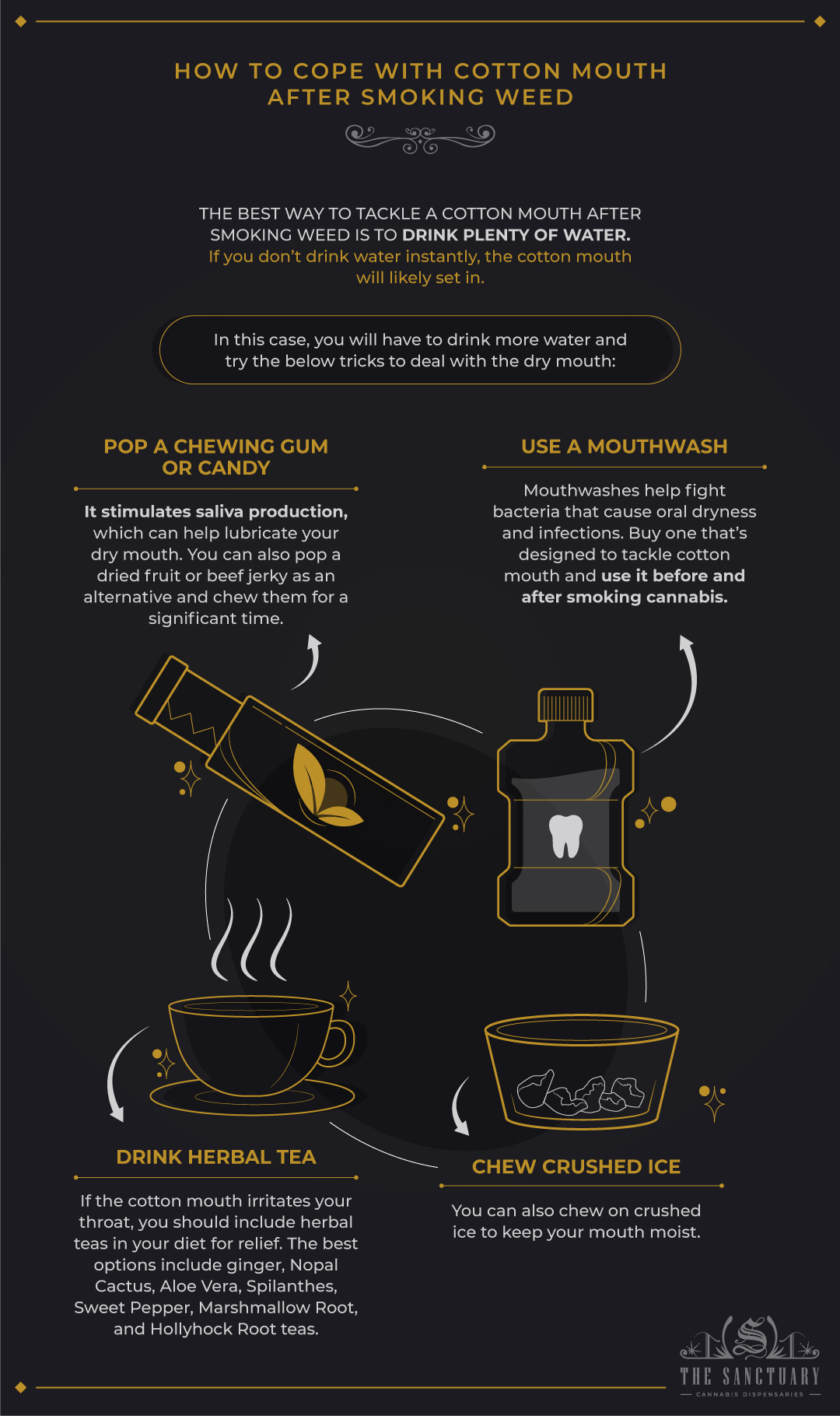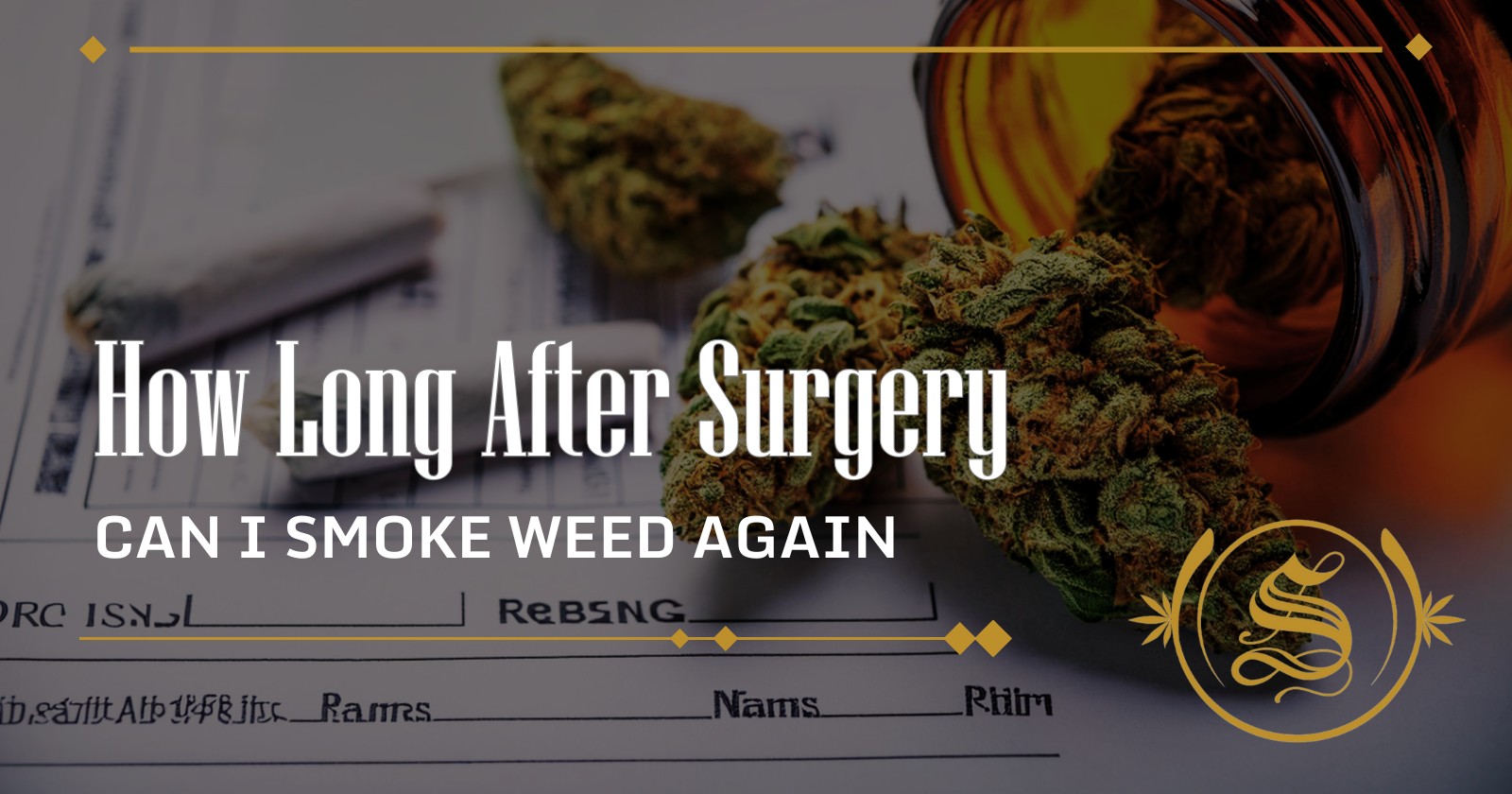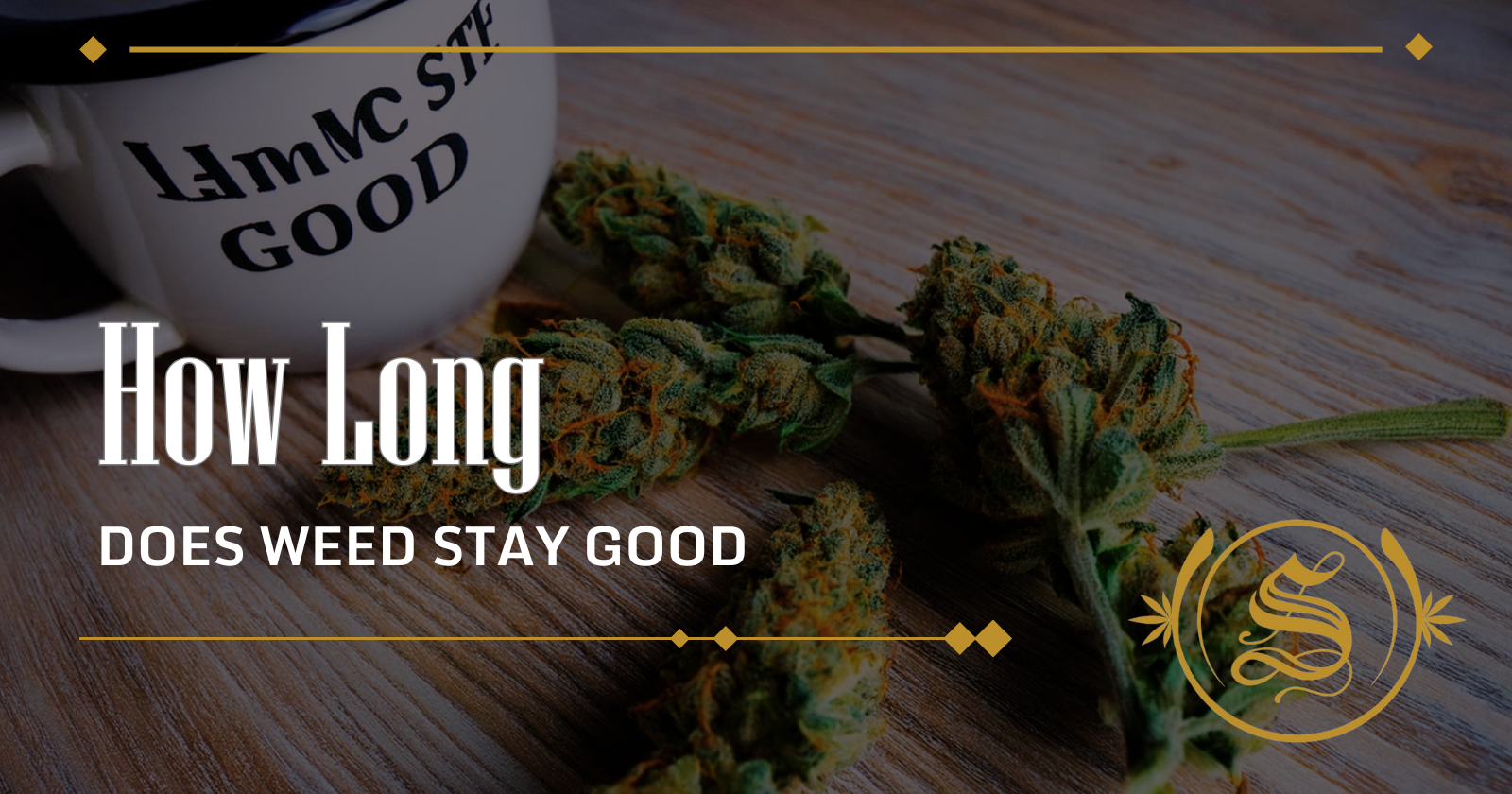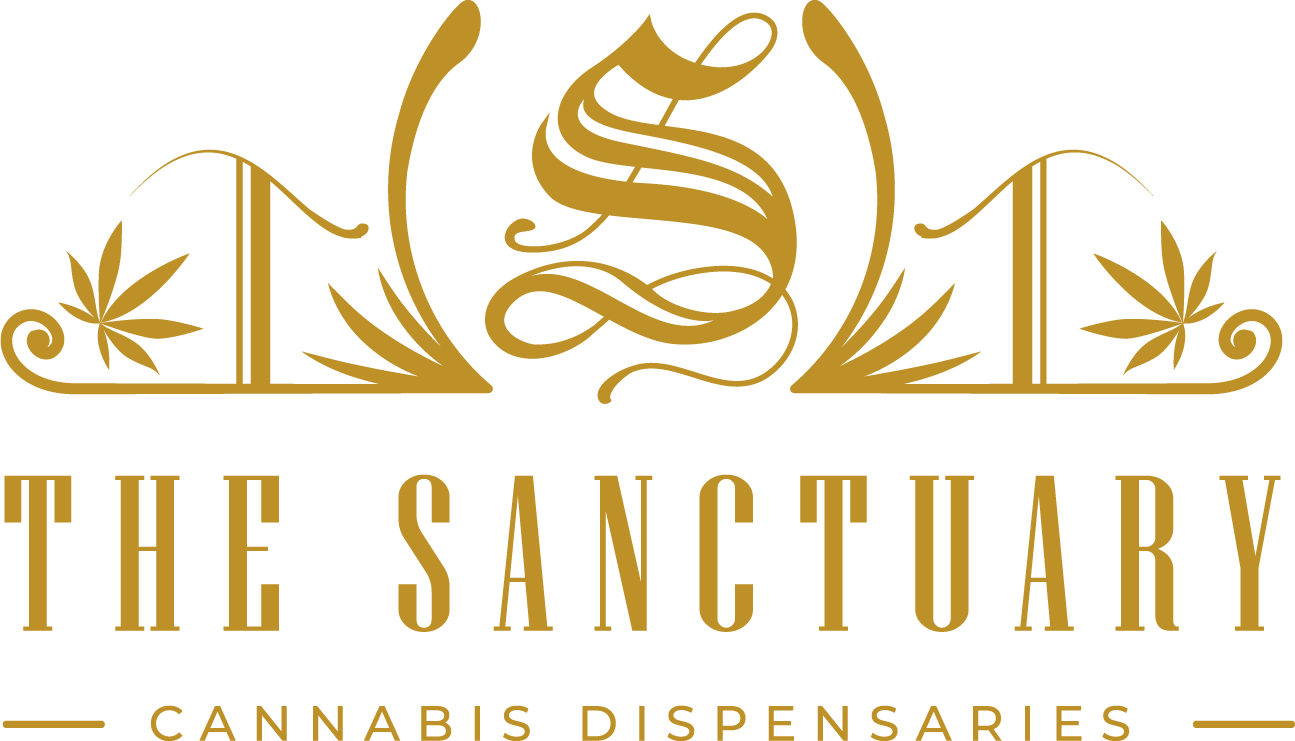Iftikhar Alam
Author
Reviewed by Cannabis Experts
Published on: October 16, 2023 | Updated on: September 11, 2024
One of the many reasons smokers don’t indulge in weed sesh is the intense dryness that comes afterward. Weed makes your mouth too sticky and dry, as if you swallowed a bag of cotton balls. This feeling is called “cotton mouth” or “xerostomia.”
If your mouth often feels like the Sahara Desert after smoking weed, you probably keep a gallon of water or many chewing gums nearby. It’s important to accelerate the saliva production in your mouth to keep it hydrated.
But have you ever wondered why weed gives you a cotton mouth? And is there any way to avoid it? This guide will answer all your questions by giving you a deep insight into the cotton mouth phenomenon.
What Is Cotton Mouth?
Cotton mouth refers to a dry mouth caused after consuming marijuana or cannabis, regardless of the consumption method. In this condition, your mouth feels sticky and your throat becomes super dry, making you incredibly thirsty.
There are many explanations for why weed causes cotton mouth.
First, it’s believed that the hot, dry smoke from cannabis affects the delicate oral membranes and removes their moisture. As a result, they become dry. Another reason is the response of the salivary glands to the cannabis components (terpenes and cannabinoids) that enter your bloodstream.
Many smokers think vaping cannabis or eating edibles won’t result in a cotton mouth. However, in reality, a cotton mouth is bound to happen after marijuana use, whether you opt for combustion, concentrates, or edibles.
Cotton mouth is known as “xerostomia” in medical language. It is when the salivary flow reduces after using cannabis. Cotton mouth first dries out the smoker’s mouth and then expands to the throat, leading to many issues like coughing, breathing difficulty, and even vomiting.
Drinking lots of water afterward can treat the cotton mouth quickly. But if you leave it for a long time, it may turn into a sore throat or bad breath.
Cotton Mouth and Cannabis: How Do Both Relate?
To understand the relationship between cannabis and cotton mouth, we need to start with our endocannabinoid system (ECS). It consists of naturally occurring enzymes, natural cannabinoids, and cannabinoid receptors, all of which work to regulate our physiological and cognitive processes.
The human body also has a parasympathetic nervous system (PSNS) that collaborates with the ECS.
When someone smokes weed, its cannabinoids bind to the receptors in the submandibular saliva glands (present under the jaw). This prevents the ECS from sending messages to the PSNS, resulting in a lack of saliva in the mouth. This condition leads to a cotton mouth.
Simply put, the real reason for cotton mouth depends on how cannabinoids react with the ECS. One of the main components — THC — is believed to be the real culprit as it inhibits saliva production in the mouth. In fact, a scientific study proves it too!
What Does Science Say About Weed and Cotton Mouth
An Experimental Biology and Medicine study investigated the possible reasons for cotton mouth after cannabis use. The researchers studied the CB1 and CB2 receptors in the submandibular glands of male rats.
They concluded that anandamide (a cannabinoid) interacts with the cannabinoid receptors in the salivary glands. Due to this reaction, saliva production decreases, resulting in a cotton mouth.
Another study looked into this issue and found the hyperactivity of the CB1 and CB2 receptors the significant reason behind decreased saliva production. The researchers concluded that the saliva glands inhibit excessive saliva production in the mouth through endocannabinoid signaling.
The study further describes that CB1 receptors regulate saliva production, and CB2 receptors modulate its content and consistency. So, any medication that triggers cannabinoid receptors can cause excessive saliva production.
The researchers used two drugs: one for the CB1 receptors and the other for the CB2 receptors. When antagonist drugs interacted with the receptors, they blocked the decreased saliva levels due to the THC of the cannabis.
In a nutshell, this study explained that THC decreases saliva production, which results in a cotton mouth.
Is Cotton Mouth Dangerous?
Cotton mouth is a side effect of consuming cannabis. Think of it as an irritant you can easily treat with plenty of water. However, when left untreated, it can seriously threaten your oral health.
According to the American Dental Association (ADA), smoking cannabis is closely related to high risks of neck and mouth cancers and periodontal issues.
In fact, a study found that marijuana consumers are at greater risk of periodontal complications and have worse oral health than non-consumers. The researchers also said that cannabis smoke contains cancer-causing elements associated with dysplastic changes within the oral mucosa and premalignant lesions.
Another meta-analysis found a connection between cannabis and the high occurrence of periodontal issues in adults.
One more study detected a link between marijuana overuse and gingival enlargement. This condition affects the teeth’ alignment and poses a serious threat to gum health.
Saliva is vital for mouth lubrication. It allows us to speak and taste different flavors while protecting our teeth and throat from disease-causing bacteria and viruses. Thus, the above issues are more likely to happen when saliva production is low.
Some other dangers of the cotton mouth are:
- Mouth and throat sores
- Split skin around the mouth
- Cracked lips
- Raw tongue
- Hoarseness
Smoking cannabis is considered more dangerous than edibles as the smoke transfers many chemicals to your mouth. So, if you’re worried about your oral health but still want to taste cannabis, you can opt for the marijuana edibles. But remember, you can’t skip cotton mouth in any way!
How to Cope with Cotton Mouth After Smoking Weed

The best way to tackle a cotton mouth after smoking weed is to drink plenty of water. It regulates your saliva production, keeping your mouth and throat hydrated. However, if you don’t drink water instantly, the cotton mouth will likely set in.
In this case, you will have to drink more water and try the below tricks to deal with the dry mouth:
- Pop a Chewing Gum or Candy. Chewing a candy or gum stimulates saliva production, which can help lubricate your dry mouth. You can also pop a dried fruit or beef jerky as an alternative and chew them for a significant time.
- Use a Mouthwash. Mouthwashes help fight bacteria that cause oral dryness and infections. Buy one that’s designed to tackle cotton mouth and use it before and after smoking cannabis.
- Chew Crushed Ice. You can also chew on crushed ice to keep your mouth moist.
- Drink Herbal Tea. If the cotton mouth irritates your throat, you should include herbal teas in your diet for relief. The best options include ginger, Nopal Cactus, Aloe Vera, Spilanthes, Sweet Pepper, Marshmallow Root, and Hollyhock Root teas.
Conclusion
Cotton mouth is a common side effect of smoking or ingesting cannabis. The THC in weed inhibits saliva production in the mouth, causing extreme dryness in the throat and leading to a cotton mouth.
A dry mouth can also occur when the cannabinoids react with the receptors in salivary glands, preventing the ECS from sending messages to PSNS for saliva production.
Whatever the reason, you should know how to cope with a dry mouth. Drink plenty of water before and after weed consumption, chew gum or crushed ice to stimulate saliva production, and drink herbal tea to treat your sore throat. That’s all you need to do!
The content provided on this blog is for informational purposes only and does not constitute medical, legal, or professional advice. Cannabis use is subject to local laws and regulations, which vary widely by jurisdiction. Always consult with a healthcare professional before starting any new treatment or altering an existing treatment regimen. The authors and publishers of this blog are not responsible for any actions taken based on the information provided herein. Use cannabis responsibly and in accordance with applicable laws. This blog is intended for adults aged 21 and over. The Sanctuary Dispensaries D186, D187.








